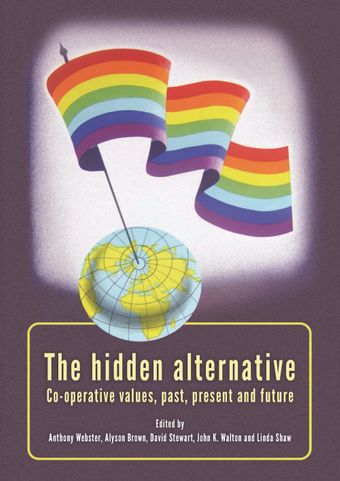- Home
- Books
- The Hidden Alternative
- Chapter
Values and vocation: Educating the co-operative workforce, 1918–39

- Author: Keith Vernon
- Main Title: The Hidden Alternative , pp 37-58
- Publication Date: October 2013
- DOI: https://doi.org/10.18356/5714e954-en
- Language: English
Education has long been recognised as a central pillar of co-operative values and activity. Providing for the social and cultural development of its members was an essential feature that distinguished the movement from being simply a retail organisation. Historians of co-operation note the significance of education, highlighting the importance of self-instruction and mutual instruction and improvement within the working classes. In the great tradition of the autodidact, the movement would help to raise the cultural tone of working people by providing resources for their own education. This emphasis chimes with the wider view of working-class self-education, which focuses primarily on liberal studies through such means as the Workers’ Educational Association (WEA). Another component of cooperative education was propaganda to enlighten people to the iniquities of the prevailing system of private profit-making and the benefits of co-operation. This reminds us that the co-operative movement was a commercial organisation, requiring skilled personnel. While giving it somewhat less attention, historians do indicate that, from the late nineteenth century, there was an increasing interest in the better training of the workforce.
© United Nations
ISBN (PDF):
9789210554046
Book DOI:
https://doi.org/10.18356/84654260-en
Related Subject(s):
Economic and Social Development
Sustainable Development Goals:
-
From This Site
/content/books/9789210554046c003dcterms_title,dcterms_subject,pub_keyword-contentType:Journal -contentType:Contributor -contentType:Concept -contentType:Institution105
/content/books/9789210554046c003
dcterms_title,dcterms_subject,pub_keyword
-contentType:Journal -contentType:Contributor -contentType:Concept -contentType:Institution
10
5

